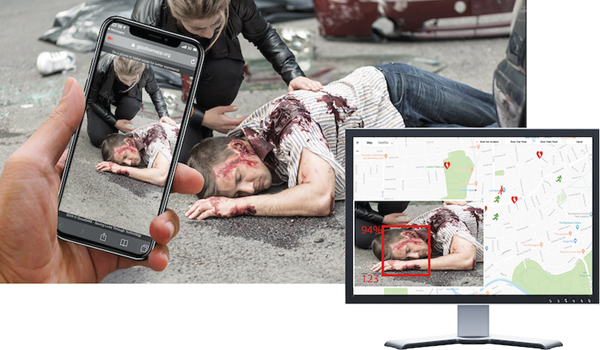Less HQ and more IQ
Advances in mobile technology and increased connectivity are likely to result in fewer police headquarters and more autonomy for officers.
With the staggering increase in connected devices, the explosion in digital data and the enhanced technical capabilities of criminals all predicted over the next decade, what will the policing landscape look like and how will the police keep the public safe?
Less HQ, more IQ was the verdict when the question was put to the Digital Policing and Public Safety panel at techUKs third annual Public Sector 2030 Conference (PS2030).
A recent report by the independent think-tank Reform said technology had created a new front line of crime.
And the panel chaired by Ian Blackhurst, director for public safety at Northgate Public Services, and featuring Emma Kelly, senior officer for futures at the National Crime Agency, and Robert Leach, acting chief executive officer of the Police ICT Company agreed that to meet these challenges efforts must be made now to improve digital leadership and digital skills in policing and across the public sector.
Just as the technological tools the police use to fight crime will become ever more advanced over the next decade, so will the technology used by citizens in everyday life, explained Henry Rex, programme manager for justice and emergency services at industry body techUK.
Things like the integration of formerly offline things into connected systems, the proliferation of wearable or even implanted devices, may present significant challenges to the police how do you seize someones phone when its in their finger, for example, he added.
Less HQ, more IQ was the most significant trend identified in the digital age: Advances in mobile technology and increased connectivity will lead to estate rationalisation there will be fewer police headquarters and more autonomy for officers. As the quantity of digital data increases, effective law enforcement will depend on the ability of police forces to share and utilise data. If data siloes can be joined up and systems made interoperable forces will be able to generate more information from their data, paving the way for better informed decision-making and increased public safety.
The panel agreed that the more effective the data integration, the greater the intelligence and insight can be derived from it.
Reaching this ideal state is not just a matter of technology, but also of culture (see PP577). If organisations across local government and the criminal justice system can be incentivised to share data, then early interventions can be identified and will improve crime prevention, public safety, and reduce reoffending, said Mr Rex.
Alexander Hitchcock, senior researcher at Reform and co-author of the report Bobbies on the net: a police workforce for the digital age, says that as crime changes, police forces must respond.
Technological developments in recent decades most notably the growth of the internet have digitised traditional forms of crime, providing new opportunities for fraudsters, sex offenders and drug dealers. Technology also creates a new front line of complex cybercrime, which previously would not have existed, he added.
The implications of the fourth industrial revolution are yet to be fully understood. Today, almost half of crime relies on digital technology, and that is likely to rise.
Police forces must develop a workforce capable of meeting digital crime employing new technology, upskilling workers, making better use of volunteers and secondments and removing hierarchy to do so.
Among the recommendations made in the report is for the Home Office to organise an annual hackathon-style convention to provide space for police forces to join national bodies and other experts in developing approaches to meeting this new front line of crime.
It also wants to see forces improve digital understanding through learning apps and offline training, the creation of a digital academy to train cyber specialists, graduating around 1,700 police officers and staff a year, and law enforcement agencies increasing the number of cyber volunteers to 12,000 from 40, in par




